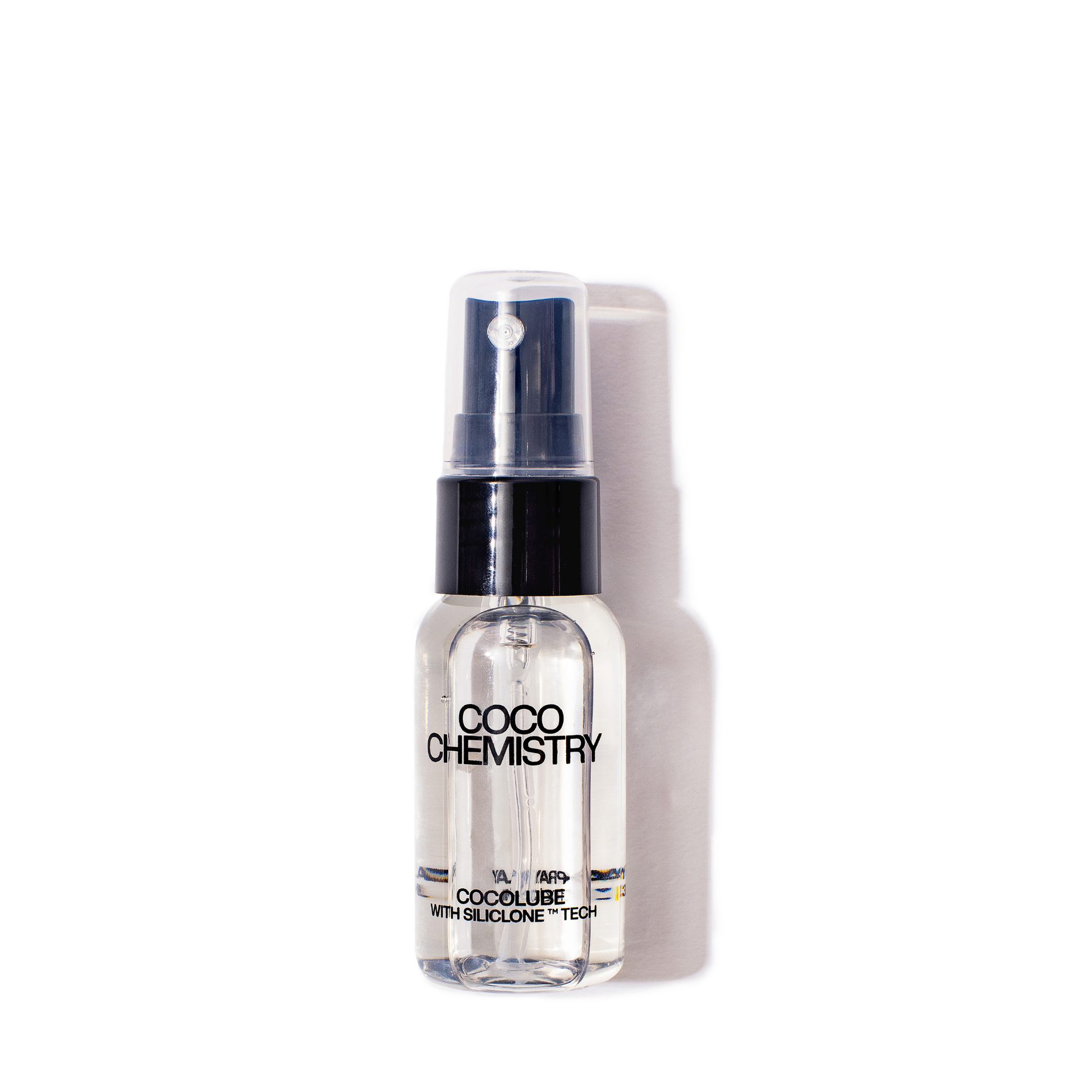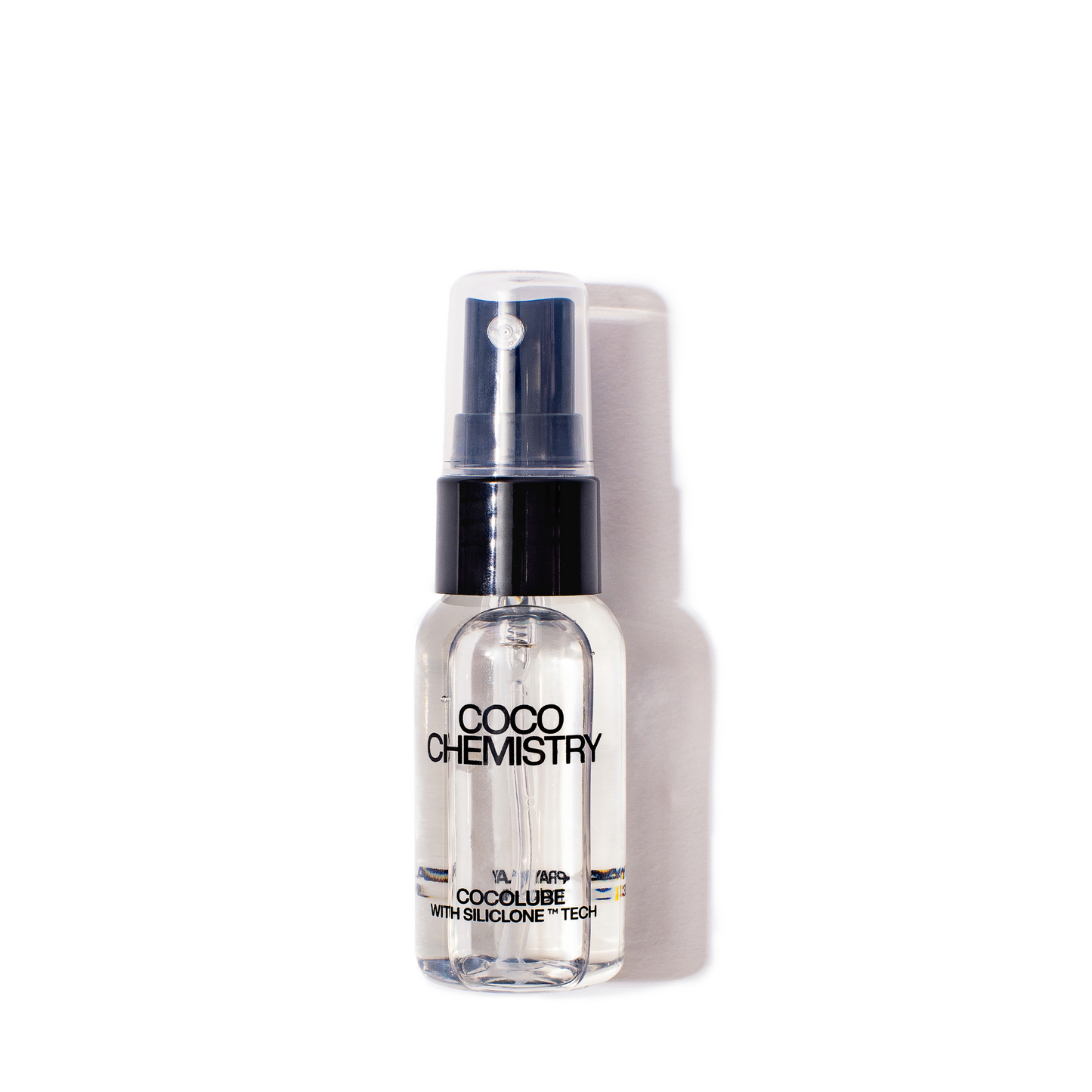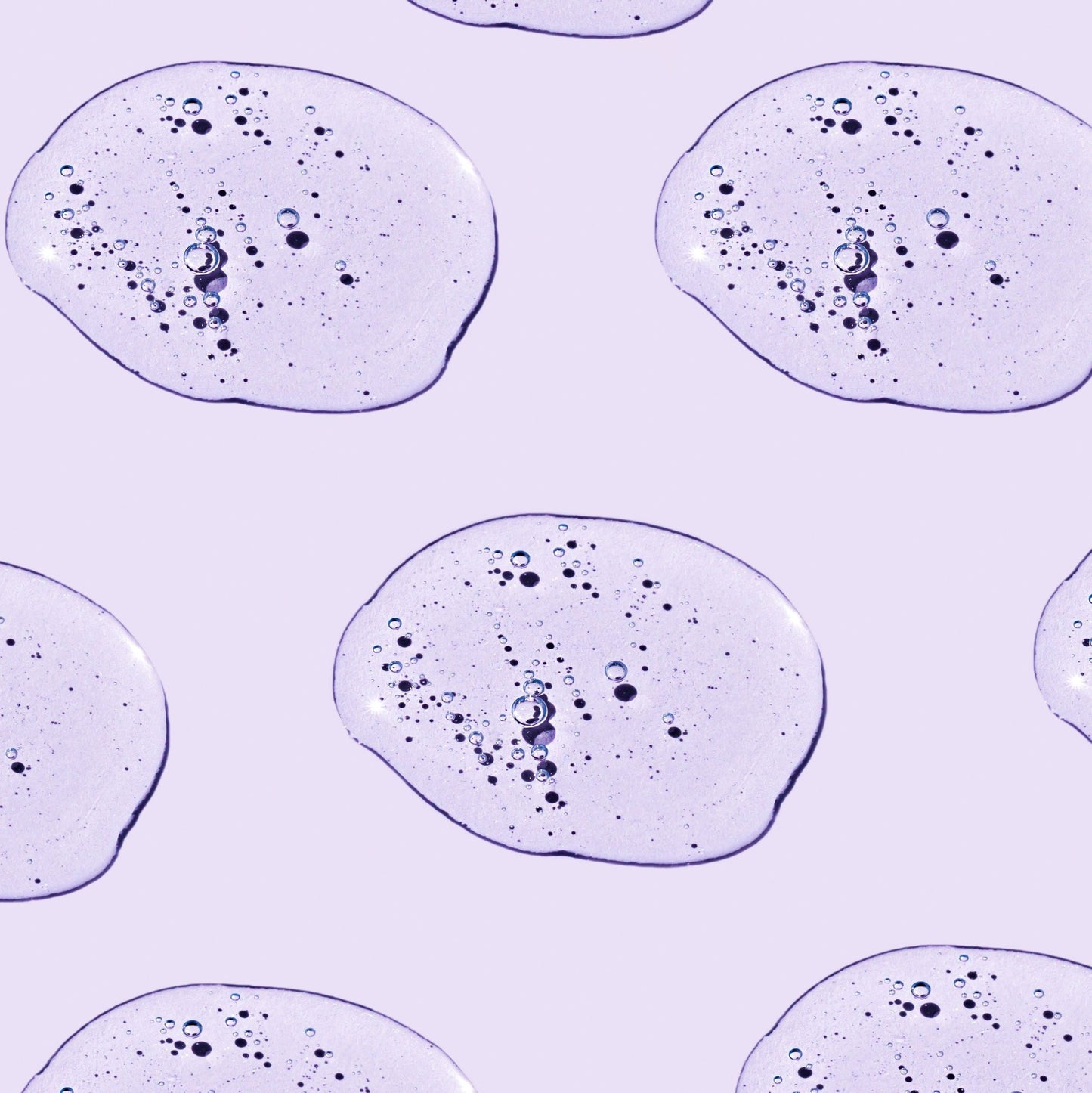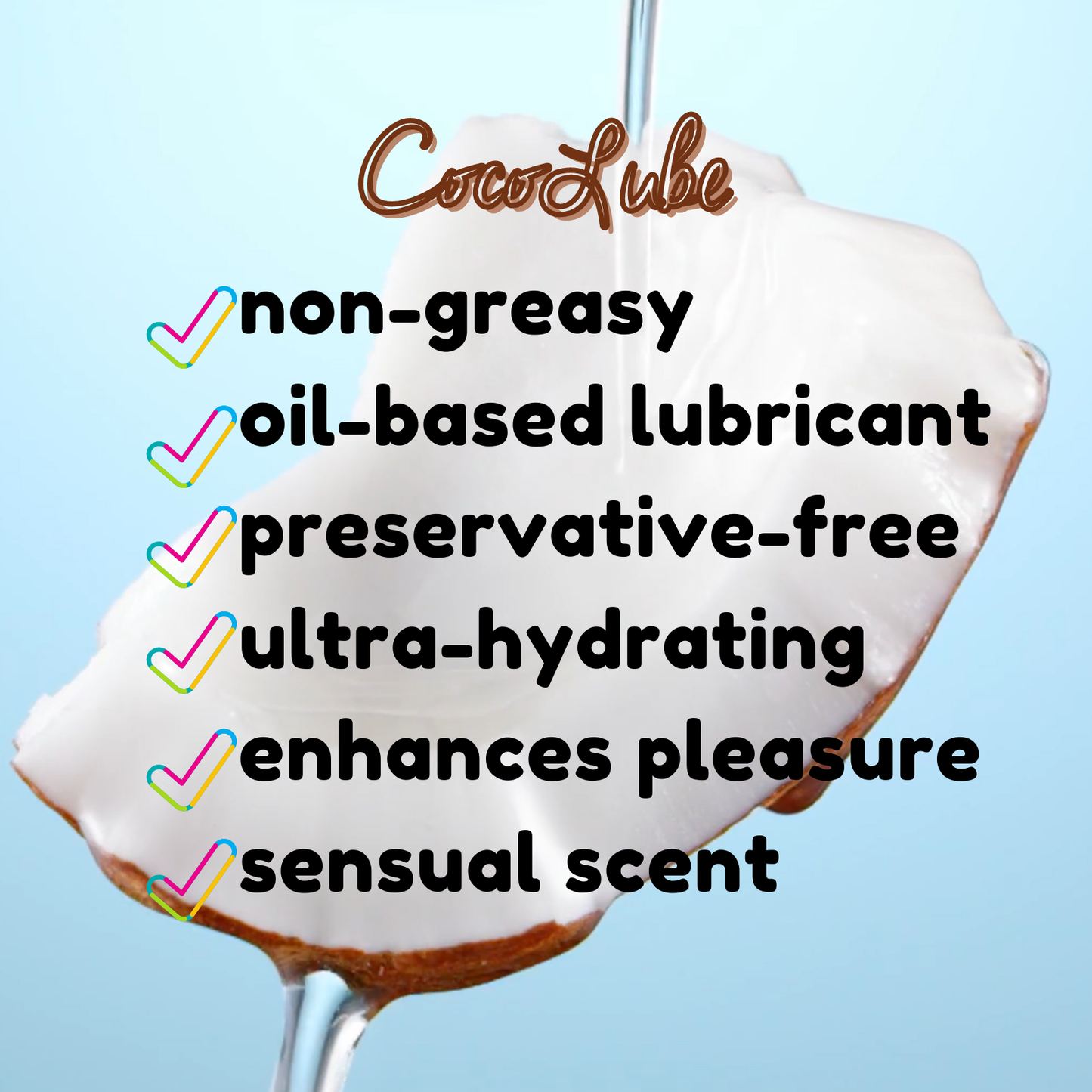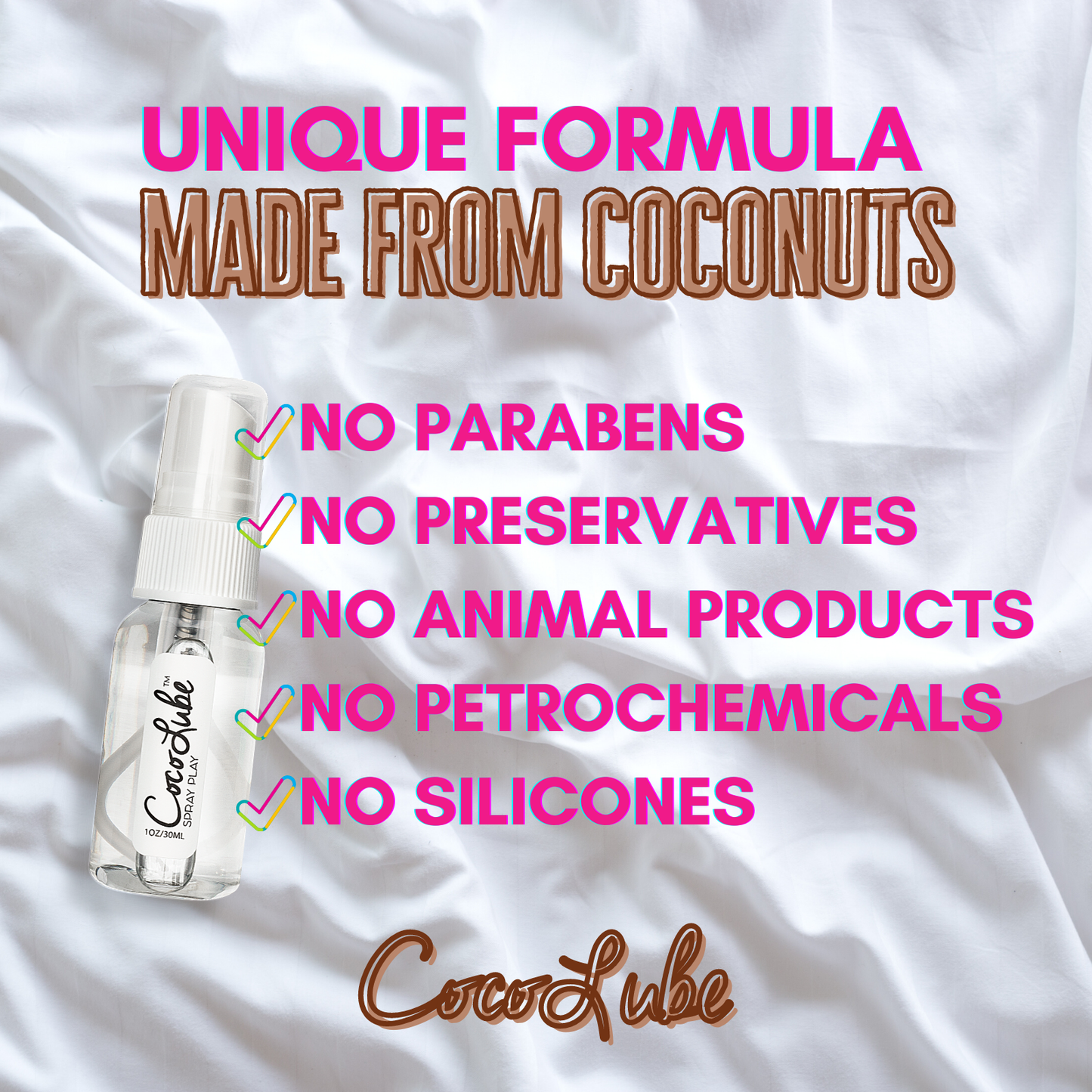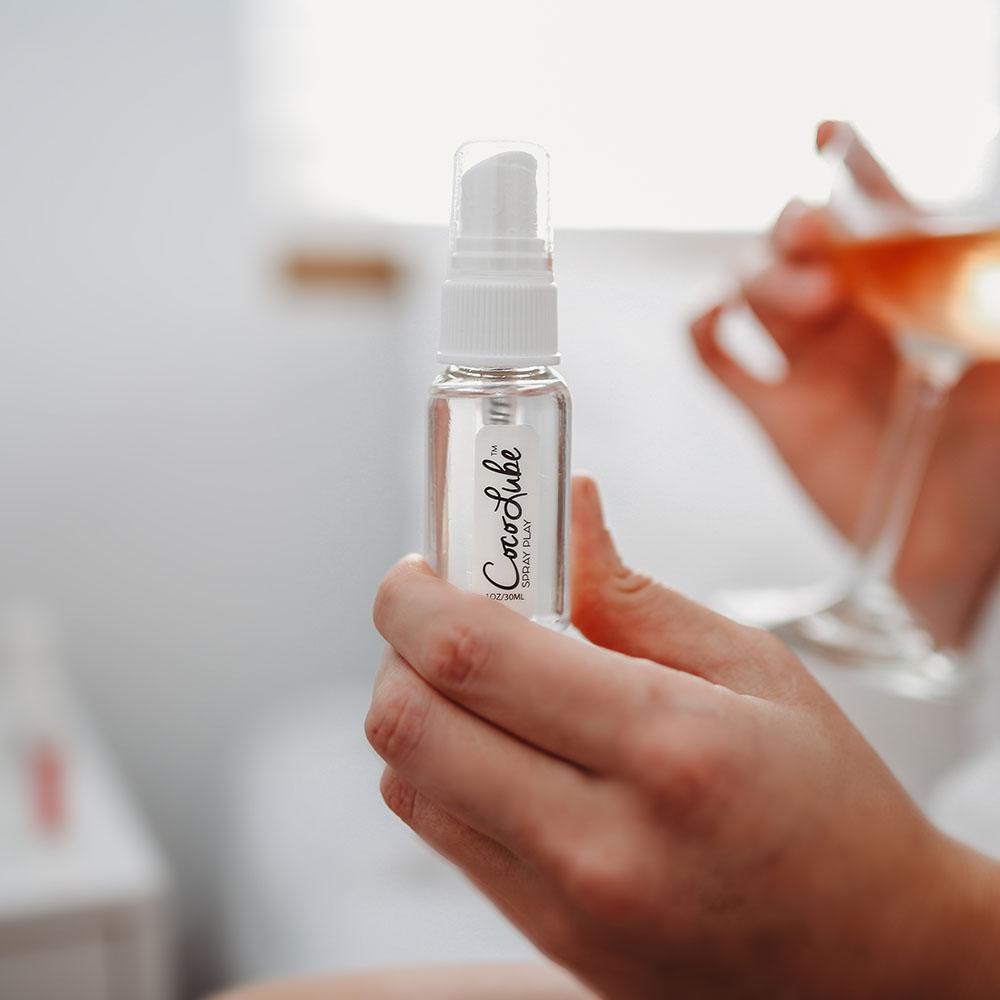
Can I Use Petroleum Jelly as Lube?
Choosing the right lubricant can make wonders in intimate wellness by enhancing comfort, reducing friction, and supporting sensitive skin. You may be tempted to pull it straight from your bathroom cabinet, but note that all smooth and slick substances are not made for intimacy.
A popular question we often hear: Can petroleum jelly be used as a lubricant? Let's learn about the science, safety, and better alternatives.
What Is Petroleum Jelly, Really?
Petroleum jelly is widely known by brand names like Vaseline. It is a thick oil-based ointment, which is applied to moisturize dry skin and heal minor scrapes. Some people even call it water-based petroleum jelly, which is very misleading information. Despite the 'water-based' phrasing, it is still heavy on oil and is not for internal use.
It might seem like a good choice for the bedroom due to its slippery texture, but there’s more you should know about it.
Think Twice Before Using Vaseline as Lubricant
Although using Vaseline as a lubricant may seem like a quick solution, there are a number of risks associated with it, making it far from ideal.
It’s Not Condom-Friendly
Oil-based substances like petroleum jelly break down latex materials. This means that if you have sex using condoms, there will be tearing and loss of protection from STIs and pregnancy, which is not good for intimacy.
It’s Hard to Wash Off
Petroleum jelly remains in contact with skin and mucous membranes, which makes it tough to clean off. The residue can keep things moist enough to support bacterial growth, and lead to infections such as:
- Bacterial vaginosis (BV)
- Yeast infections
- Urinary tract infections (UTIs)
Research shows that women who use petroleum jelly lubricant internally are 2.2 times more likely to develop a bacterial infection. That's not a statistic you want to play around with.
It Disrupts Natural Balance
Petroleum jelly can disturb the natural pH and microbiome of the vagina. Even small changes in this delicate balance can cause irritation, discomfort, and frequent infections.
Not Fertility-Friendly
If you are planning a pregnancy, avoid petroleum jelly because it can actually harm sperm motility and make it hard to conceive. It is not recommended if you are trying to start or grow a family.
So... Can Petroleum Jelly Be Used as a Lubricant?
If you're in a pinch and not using a condom, this could technically work, but just because it's slippery doesn't mean it's safe. The benefits are minor compared to the risks, and in most situations, petroleum jelly can be used as a lubricant, but it's by no means a substitute.
Better, Safer Alternatives
Now that we have gone over why petroleum jelly is not an ideal option, let's talk about what you should use instead.
Water-Based Lubricants
These are the gold standard for a reason:
- Condom-safe
- Toy-friendly
- Easy to wash off
- Gentle on sensitive areas
If you're attracted to the term water-based petroleum jelly, be careful - it's not the same as a true water-based lubricant. Look for products that are clearly labeled as such and are formulated for intimacy.
Silicone-Based Lubricants
They provide a long-lasting glide and are perfect for shower play. They last longer than water-based options but are not suitable for silicone toys.
Natural Oil Options
Coconut oil, almond oil, and vitamin E oil are popular among some users, but remember:
- Not safe with condoms
- Can still disrupt vaginal flora
- Should be patch-tested for allergies
Trying to Conceive?
Choose a fertility-friendly lubricant that supports pH-balance for sperm movement and vaginal health.
Comparison Table: Lubricant Options
|
Type |
Condom Safe |
Toy Safe |
Easy to Clean |
Long-Lasting |
Sperm-Friendly |
|
Petroleum Jelly |
❌ |
❌ |
❌ |
✅ |
❌ |
|
Water-Based Lube |
✅ |
✅ |
✅ |
❌ |
✅ (Specific brands) |
|
Silicon-Based Lube |
✅ |
❌ |
❌ |
✅ |
❌ |
|
Natural Oils |
❌ |
❌ |
❌ |
✅ |
❌ |
|
Fertility-Safe Lubes |
✅ |
✅ |
✅ |
Moderate |
✅ |
Final Thoughts: Choose Better for Your Body
Sure, can petroleum jelly be used as a lubricant in an actual emergency? Technically, yes. But should it be your go-to option? Definitely not.
While the long-lasting effect may seem beneficial, it also has health risks. Especially if you're regularly using Vaseline as a lubricant, it's not worth it.
Coco-Chemistry is all about combining pleasure and peace of mind. Along with smooth, body-safe hydration, our water-based petroleum jelly alternatives are formulated to work with your body, not against it.
So skip the shortcuts. Use the right lubricant. Your body and your sex life will thank you.

